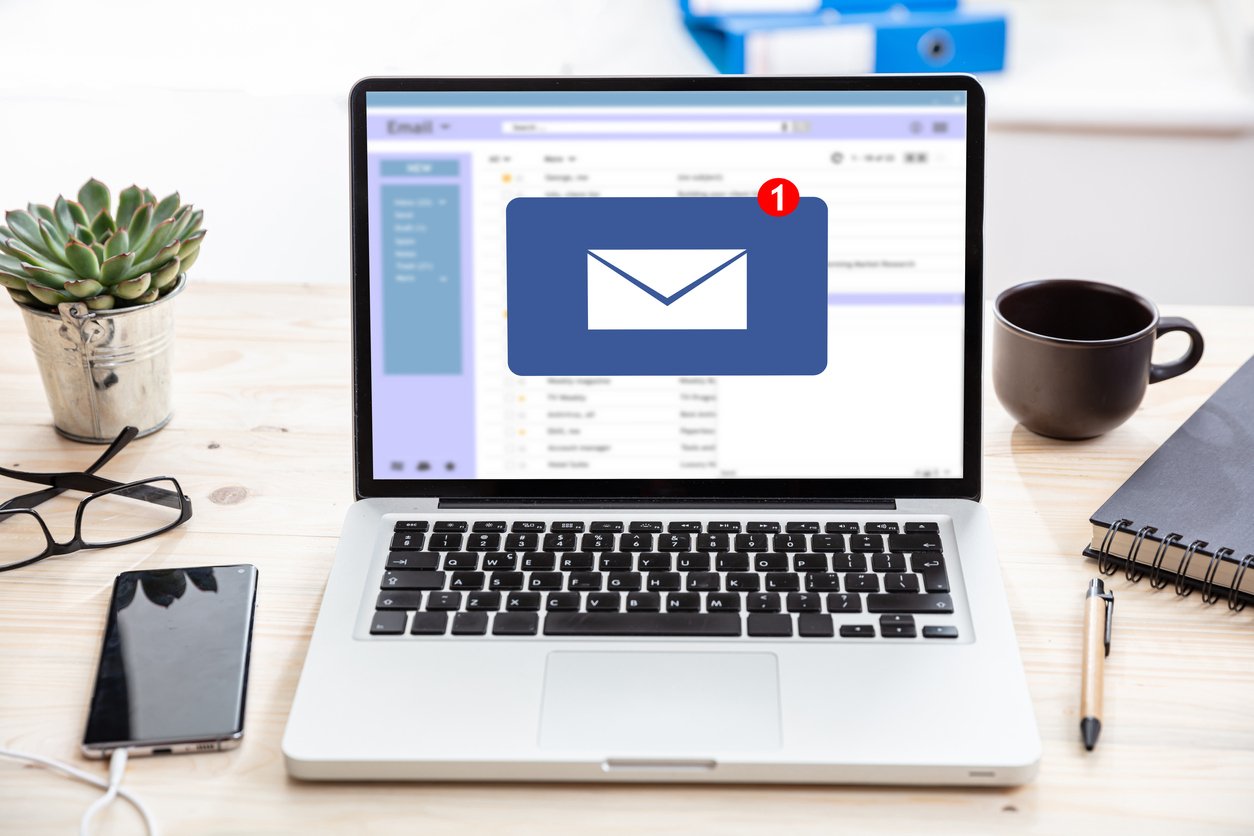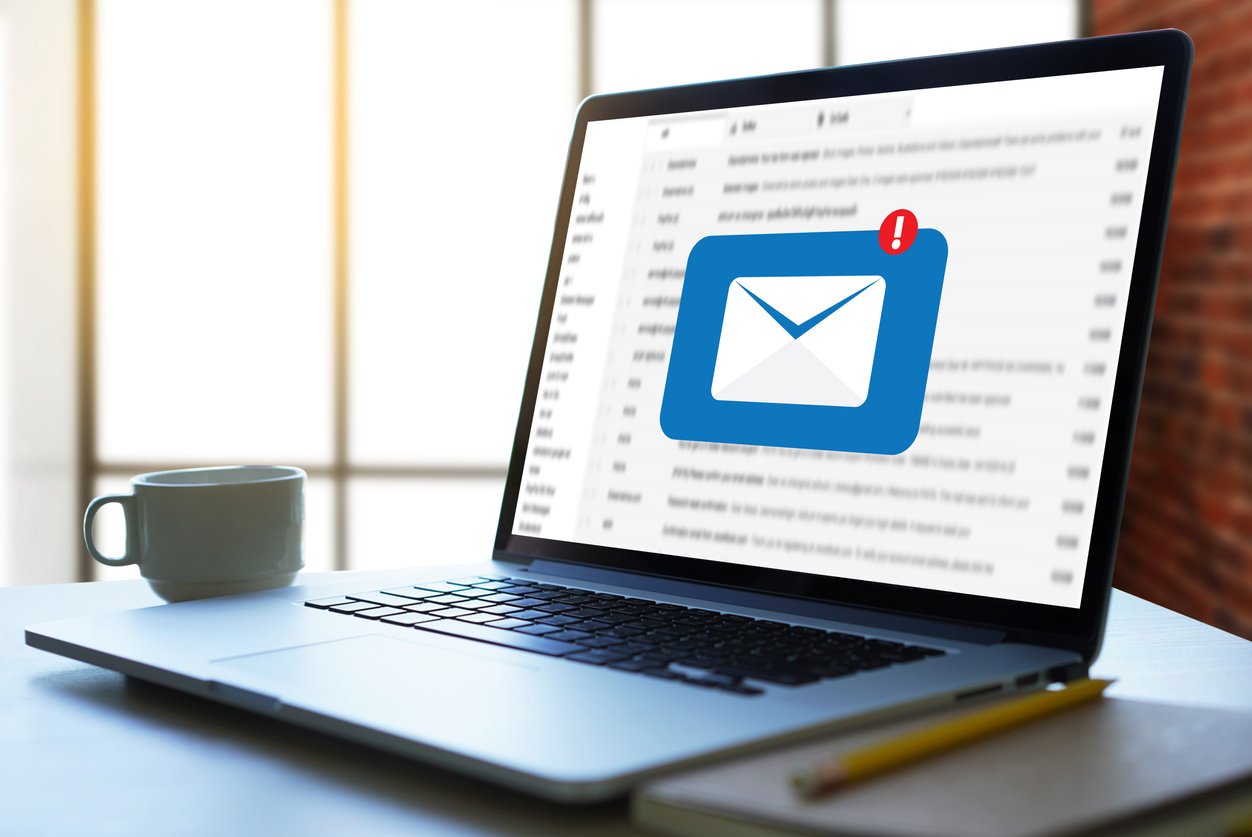Table of Contents
Table of Contents
If there's one thing that rings true for all sales reps, it's that we never stop learning how to sell better.
Sure, we get more and more fine-tuned and well-polished over time, but there's always room for an old dog to learn a new trick.
All it takes is to hear that new guy spouting off some closer you've never heard before (and nailing it) to make you recognize that maybe you don't know everything.
In light of this, we're going to share 21 of our top sales tips right now to help you keep on improving and better and better sales results.
Types of Sales Tips
Before we start, we should make something clear:
There are a bunch of different types of sales tips out there. There are tips for closing, tips for opening, tips for qualifying, and tips for presenting. You'll find:
- B2B Sales Tips
- B2C Sales Tips
- Inside Sales Tips
- Outside Sales Tips
- Direct Sales Tips
You'll even find inside B2B sales tips and outside B2C sales. It's a veritable Dr. Seuss book out here.
To keep things focused on the kinds of customers who most benefit from Ringy and our knowledge of sales tips and tricks, we're not going to cover all of them.
Instead, we're going to look at tips for sales across six categories:
|
Tip of Sales Tip |
Who It's For |
|
Tips for B2B Sales |
Sales reps selling in a business-to-business environment |
|
Direct Sales Tips |
Those selling products directly (like Tupperware) |
|
Outside Sales Tips |
Traveling sales reps |
|
Insurance Sales Tips |
Anyone selling any kind of insurance |
|
Motivational Sales Tricks and Tips |
Sales leaders needing to get their team revved up |
|
Tips for Closing Sales |
Everyone! |
Okay, let's get stuck in.
7 Tips for B2B Sales

Selling business to business?
Here are the top sales tips and tricks to nail it.
1. Understand How B2B Customers Buy
B2B customers don't buy in the same way as a B2C customer.
Sure, they're all people, and they're motivated by pain points and solutions to their challenges. But the actual process of approving a sale looks very different here.
A B2C buyer is in control of their own funds. In the B2B environment, buyers are spending company money and might have to jump through a bunch of hoops to get the deal across the line, even if they're ready to get going right away.
Understanding this dynamic is key to succeeding in the B2B arena. You'll need to uncover exactly who is involved in the purchase decision, and you might even need to get more than one stakeholder on the phone and convince them all.
2. Use Automation and Self-Service Options
Minimizing the cost of doing business as a B2B sales team is key to lifting ROI on sales spend.
There are two great ways to do this:
- Automation
- Self-service sales
Your CRM platform or sales engagement tool should offer some helpful automation functionality here. For instance, a capable CRM allows you to build automated email and SMS campaigns to keep on top of customer communications without lifting a finger.
To leverage the power of self-service sales, you can create an environment where prospects can access the information they need without seeing a sales rep to speed up the sales process.
For example, you might publish a series of content related to the challenge they face, leading to walkthrough videos describing your product's features and benefits.
Then, if they're interested, they can sign up for a free trial, which also puts them into an automated email nurture campaign to introduce them to the platform and show them how to make the most of it.
A sales rep can reach out at the end of the trial and seal the deal for good.
3. Get In Quick and Respond to Queries Immediately

In the B2B world, response time matters.
78% of sales in the B2B space go to the rep who responds first, simple as that. Okay, maybe it's not so simple, but fast responses make you look good.
Improving your lead response time requires available reps, which might mean bolstering your inbound sales headcount for some of you.
For others, it involves building:
- An effective lead routing and assignment process so that leads hit the right sales rep's inbox quickly, and
- A lead scoring process to help them prioritize communications
4. Build a Collaborative Internal Environment
There's nothing less conducive to an effective sales team (let alone a smooth customer experience) than a bunch of department siloes.
To maximize efficiency and drive customer retention rates, integrate your sales, marketing, service, and support teams as much as possible.
Have marketing support the sales process by developing content and collateral that educates buyers throughout the entire customer journey. Ensure the handoff from sales to support is clean and well-communicated to clients. Have all four teams work in the same sales CRM to prevent data silos.
5. Do Your Research Before Reaching Out
Nobody likes receiving an email or a phone call from someone who doesn't know who they're talking to or how they can help them, and instead just spouts off a bunch of selling points like they're reading from a script.
Before you call your prospect, do your research on:
|
The Company |
The Prospect |
|
What the company is, what they do or sell, and who they do it for (or sell it to) |
The individual prospect themself (what is their role in the company and what might their goals and challenges look like?) |
6. Don't Neglect Social Selling
Just because you're selling B2B doesn't mean you have to neglect social media altogether.
Sure, you might not find all your customers on TikTok (and even if you could, you might not want to), but most business professionals can easily be found on LinkedIn or Twitter.
Don't just use these platforms as another inbox to harass prospects, though.
Instead, focus on building a strong audience and following yourself, where you regularly publish posts on topics relevant to your product and industry.
Then, follow your prospects, and engage with their posts in pursuit of sparking a connection. That's your way of opening up a sales conversation.
7. Focus on Relationship-Building
B2B sales, especially enterprise ones, are made on a solid foundation of relationship-building.
That's because, at least in most cases, you will be selling on an ongoing basis. Whether you're looking for repeat orders from the same company or signing them up for a subscription contract, you will be in bed with this customer for a while (so to speak).
Focus on building the relationship up front, and then ensure it's handed over nicely to the customer success team to nurture and grow.
3 Direct Sales Tips

Direct sales is the process of selling products directly to consumers without a retailer.
In many cases, however, there is still a middleman. Either you buy the products and have to resell them (remember those door-to-door vacuum cleaner salespeople?), or you sell on behalf of a supplier, like in the famed Tupperware party.
1. Leverage Storytelling in Your Sales Approach
Storytelling is a valuable tool for sales reps, but it's especially powerful in direct sales.
Let's say you're selling a cosmetic product.
Storytelling should be something you're already using. Rather than spouting the benefits of the lipstick you're trying to sell, tie it into a narrative like this:
"I've never been able to find a red lipstick that actually stays on all night. I always end up leaving it all over my wine glasses. But look at this!"
That ties nicely into our next sales tip.
2. Don't Sell What You Wouldn't Use Yourself
Selling a product you don't (or wouldn't) actually use yourself is futile.
You'll come across as phony and fake, and if that's not enough to alienate your customers (some of whom may be your friends or family), you simply won't understand the value of the product you're trying to sell.
3. Use Free Samples and Extras to Your Advantage
One of the greatest benefits of selling in a direct environment is the ability to give you free samples.
The same can't be said for those of us trying to sell used cars, for example!
Use this to your advantage. Hand out free samples and extras as much as possible so that potential customers can see the benefits of your product. They'll have to come back to buy more if it's as good as you claim it is.
3 Outside Sales Tips

Outside sales are basically the practice of selling on the road. Its opposite is inside sales, where reps sit in an office all day and call on potential customers, communicating via:
- Phone
- Social media
- Video conferencing
- SMS
If that sounds like your job, take note of these three outside sales tips to upskill yourself.
1. Maximize Efficiency by Lumping Calls by Region
Traveling all over the city in a day is just inefficient; you could easily end up spending more time in the car than actually selling.
To make your day more efficient and to see as many customers as possible, try lumping check-ins together by geographic region.
For instance, you might separate your week into four regions:
- Monday - North
- Tuesday - South
- Wednesday - East
- Thursday - West
Then, on Friday, you can either:
- Knock out the appointments you didn't get to
- Have an office day to catch up on paperwork
- Clock off early for a beer
2. Confirm Your Appointments Prior
Nothing destroys an outside sales rep's day more than an appointment with a customer who forgot you were coming.
Not only does it feel a little disrespectful, but you also went out there for a non-starter and could have spent that time much better.
To minimize this risk, set up an appointment check-in procure. Have your calendar tool send an automated reminder 24 or 48 hours before the appointment.
Then, when you're on the way, call to confirm they're still on. Avoid being pushy or needy like this:
"Hey [name]. Just calling to check that 2 PM today is still a good time for you. I know things often come up out of the blue, so I don't want to take time out of your day if you're under the pump."
3. Don't Neglect the Follow Up
Most outside reps don't put enough time or energy into following up with their prospects.
They race from one presentation to another, and if they don't hear back with a resounding YES, they assume it's a no.
But here are two crazy stats:
- 80% of sales take more than five follow-up calls. Five!
- 44% of reps either give up after just one follow-up.
So this sales tip is a simple one:
Do your darned follow-ups!
2 Insurance Sales Tips

Insurance sales is one of the oldest industries in the game.
And unfortunately, it's one of the least trusted industries, too: only 11% of customers report trusting what their insurance advisors say.
Tough gig when building trust is pretty much the key to sales.
Here are a couple of insurance sales tips for those of you doing it tough.
1. Emphasize Listening
Don't just go right in with the hard sell.
Instead, listen to your customer's needs (so, like, shut up for a bit). Ask open-ended questions about their situation, and listen to what they have to say rather than jumping straight into the benefits of your product.
Then, once you've really understood where they're at, you'll be able to tie your insurance features right in and have a more meaningful discussion about how you can help them.
2. Save Pricing Discussions Until Later
Getting right into a pricing discussion is a recipe for failure.
Customers see insurance as a grudge purchase. They look at the top-line price and think, "Oh, you know what? Don't worry about it. That's never going to happen to me."
To improve your closing conversion rates, save the pricing discussion until the end.
Instead, focus more on their situation now and how you can help. If you're selling life insurance, for instance, spend time discussing their children, the future they hope to have for them, and what a parental death would mean for those plans.
Then, discuss pricing right when it's time to close the deal.
2 Motivational Sales Tricks and Tips
Getting your team pumped up for a big month can be tricky, especially if sales have been slow of late.
Try out these three motivational sales tricks and tips to get the fire back under your sales team and turn that ship around.
1. Understand What Motivates Each Individual
Motivating a team shouldn't be about cheerleading.
Instead, you should focus on understanding what motivates each team member and using that to revive them.
For example, one sales rep might thrive on relationship-building, while another is just there to maximize their earnings.
No one motivator is better than another, so rather than trying to convince all of your reps to be motivated by the same thing, cater to individual needs.
Rev up your money-motivated rep by focusing on earnings, quotas, and dollar amounts.
Motivate your relationship guy by showing him exactly how his relationship-building sales efforts contribute toward team success, and always relay positive customer feedback when you receive it.
2. Help Your Team Care About What You Sell
The best sales reps honestly and genuinely back what they sell.
Yes, you should spend a lot of time helping them develop sales skills, but you should also dedicate some coaching time to the product itself.
A great tactic here would be to bring in a customer who is getting the most out of your product and finds it so invaluable that they couldn't do without it.
Have them explain to your reps exactly how the product impacts their life; that's bound to get the fire under them! Plus, they'll be able to use this real-life story in their sales conversations.
4 Tips for Closing Sales

Closing sales is where it's at. It's where the revenue comes in, and it really is the make-or-break point for a lot of reps.
Looking to improve your sales conversion rates? Check out these four tips for closing sales.
1. Ask for the Sale
This is an area where a lot of reps fail to achieve. It's sad because it's such an easy thing to learn and seems kind of obvious, but many reps simply don't ask for the sale.
They just kind of sit there waiting for the customer to say, "Okay, take my money."
Sometimes, it just doesn't come.
Not only does becoming proficient at asking for the deal help you close those deals with customers who wouldn't be forward enough to buy otherwise, but it also helps you understand the "why" behind any "no" answers.
If you don't ask, you won't get the "no," and you'll never know why they didn't purchase.
Getting a "no" helps you determine the objection (and hopefully overcome it), so you can improve your sales process and conversations to get around the same objection with future customers.
2. Sell on Value, Not Price
When you do ask for the sale, don't lean too heavily on the price.
That doesn't mean you should be evasive; you need to tell customers what you'll charge them so they can make an informed decision.
The point here, however, is to focus on the value you're delivering.
The best method here is to recap the customer's key challenges and how you will solve them with this deal.
For example:
"So, Mr. Customer. I understand that [big problem they're facing] is causing you quite a headache. How about we get this problem sorted by implementing [your solution]?"
3. Try out the Assumptive Close
There are a lot of different ways to close a deal, but perhaps none is more authoritative or effective than the assumptive close.
The assumptive close basically assumes that at the end of the sales conversation, the customer is going to buy.
You've identified their problem and presented a valid solution to it, so why wouldn't they?
Say you're selling used cars. At the end of the test drive, you run a line like this:
"So, Mr. Customer. It sounds like this [vehicle] is a really great fit for [the needs they've described]. Shall we draw up the paperwork?"
4. Go in with a Free Trial
Some customers need a little more convincing to get across the line.
The great news for those who sell software is that it's easy to concede a little something by offering a free trial.
Not only does this help to take advantage of the reciprocity principle, but it also gives them a chance to see if your product is a good fit for them.
This prevents churn early on in the game and improves your chances of closing the deal long-term as they start embedding your product in their workflows and begin to experience the value it provides.
Conclusion

Put these 21 sales tips into action, and you'll be closing deals left, right, and center.
Of course, even the best sales rep is only as good as the tools in their tool chest. So, why not give yours a little upgrade?
Check out Ringy, the CRM built for high-performing sales reps, or book a demo today and let us show you around a little.

Skyrocket your sales with the CRM that does it all.
Calling? Check. SMS? Check. Automation and AI? Check. Effortlessly keep in touch with your customers and boost your revenue without limits.

Take your sales to new heights with Ringy.
Sales in a slump? Ringy gives you the tools and flexibility you need to capture leads, engage with them, and turn them into customers.
Subscribe to Our Blog
Enter your email to get the latest updates sent straight to your inbox!
Categories
Related Articles





































































































